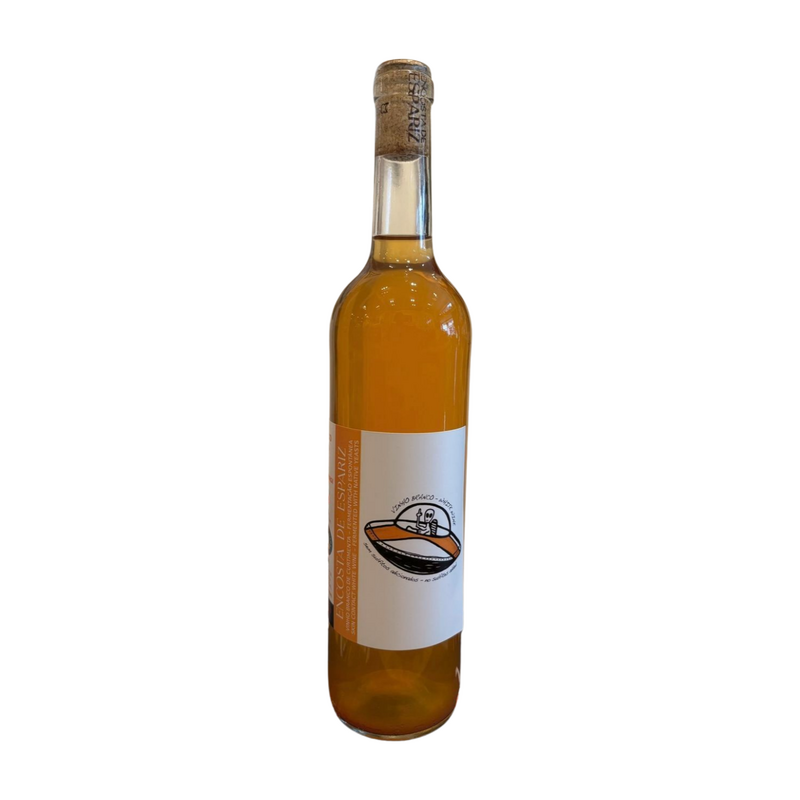Encosta de Espariz
Encosta de Espariz is one of two brands produced by Casa de Vilapouca, a family operation with viticultural roots in the Minho region of Vinho Verde dating back to 1743. The winemaking ethos behind Encosta de Espariz is rooted in a commitment to minimal intervention and a clear focus on the natural wine spectrum, often serving as the experimental platform for the estate's simpler, more immediately drinkable, and zero-additive bottlings. Fernando Carvalho Teixeira has defined the family’s intergenerational continuity and dedication to reflecting the unique terroir of their historic property in Celorico de Basto.
The foundation of Encosta de Espariz's production rests on Integrated Production (PRODI) farming. This system, highly valued in Portugal for achieving high-quality agricultural output, is fundamentally a low-intervention approach. It mandates the rational management of natural resources, prioritizing natural regulatory mechanisms over chemical inputs to foster sustainable agriculture and efficient water use. The philosophy moves beyond mere vineyard management to encompass an overall respect for the terroir and environmental balance, ensuring the long-term viability of the family’s 15 hectares of certified Vinho Verde vineyards.
The "Natural" line under the Encosta de Espariz brand pushes these vineyard practices into the cellar. These wines are characterized by extreme purity, eschewing common cellar manipulations. Fermentation is spontaneous, relying solely on indigenous yeasts present on the grapes and in the cellar. Crucially, the wines are produced without adding sulfites (sem sulfitos adicionados), meaning only the trace amounts naturally generated during fermentation are present. Furthermore, the wines are typically unfined and unfiltered (não colado e não filtrado), preserving maximum texture, flavour complexity, and character, often resulting in a desired slight deposit. This dedication to ancestral practices and minimal chemical intervention results in rustic, authentic expressions of local varieties like Trajadura, often in the form of textured skin-contact wines (curtimenta).

